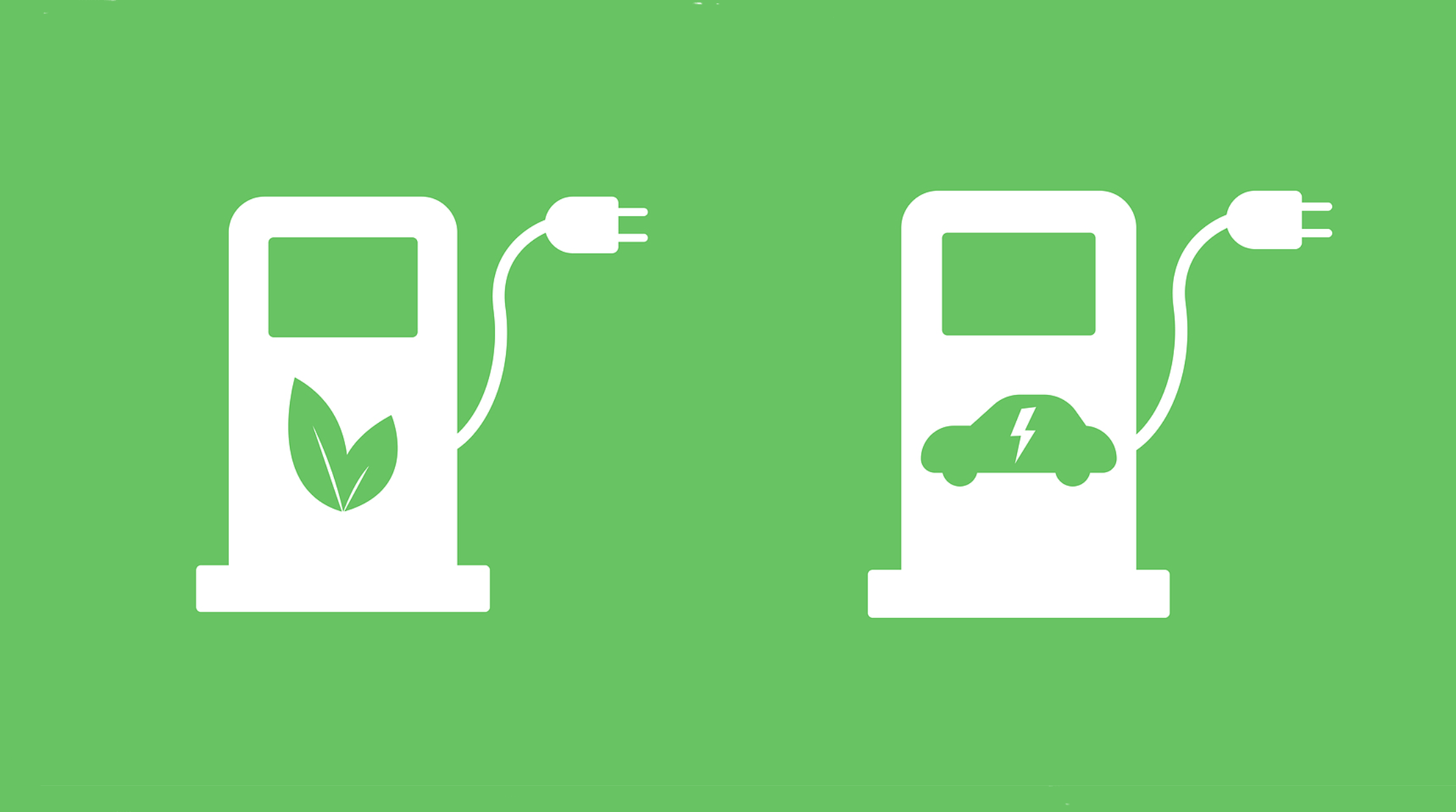
- SALES : (866) 707-7664
- PAYMENTS : (866) 902-7955
- 11646 PRAIRIE AVE, HAWTHORNE, CA 90250
- MON - SAT 8AM - 8PM | SUN 10AM - 6PM
- SALES : (866) 707-7664
- PAYMENTS : (866) 902-7955
- 11646 PRAIRIE AVE, HAWTHORNE, CA 90250
- MON - SAT 8AM - 8PM | SUN 10AM - 6PM
Buying Electric Cars vs. Hybrid Cars

Electric vehicles (EV’s) and hybrid cars are among the most efficient options in today’s market. Both can reduce emissions and operating costs. An EV forgoes an engine and gas tank entirely as its battery and electric motor are powerful enough to run the vehicle. Hybrid cars combine a combustion engine with an electric motor/rechargeable battery pack; they can run in gasoline or electric mode. When comparing electric cars vs hybrid vehicles, it’s important to take the following into consideration before buying:
What Are the Advantages of a Hybrid Vehicle?
The configuration of a hybrid car sounds complex. If you’re driving locally, you get the efficiency of an electric vehicle. But when on a longer drive, you can get a range similar to a traditional vehicle. Sometimes the electric motor works intermittently to save fuel. Working together, both systems can add power to the vehicle.
Regenerative braking technology conserves fuel by storing energy generated from braking in a secondary, smaller battery that can be tapped when you accelerate. You may not have to worry when the battery runs low. In a plug-in hybrid car (PHEV), the engine will take over, transferring control over the vehicle seamlessly. A PHEV often has a larger electric battery and can drive solely on electric power.
Disadvantages of a Hybrid:
- Lower battery range than a fully electric model.
- Not as wide a range of models to choose from.
- Some hybrids draw electric power below certain speeds.
- Won’t save on fuel costs if you have a long commute.
- Similar maintenance issues as traditional cars.
Is an Electric Car Your Better Option?
An electric vehicle uses no fuel, which is beneficial for the environment. You can minimize your carbon footprint while the EV provides a longer electric-only range. A range of 60 to 70 miles is possible on a single charge (an exception, the Tesla Model S can go over 150 miles). Also, an electric-only vehicle avoids dealing with potential issues that are common with combustion engines, standard transmissions, or fuel systems.
Disadvantages of an EV:
- No extra range on gasoline power that can add 200 to 300 miles.
- Not suitable for long commutes to work.
- Battery replacement can be expensive.
- Along with hybrids, are at risk of battery degradation.
- Availability of public charging stations.
Both Offer Potential Savings
If you’re looking for tax rebates and other potential incentives for saving, both electric and hybrid cars have great options. Tax rebates at the state and federal level can offset the higher cost of purchase. However, incentives vary from state to state, so it’s important to research available options in your area and the latest updates to the tax code.
Battery Quality in Question?
The battery of an all-electric or hybrid vehicle can degrade over time. While most owners won’t have to replace it, a new battery can be expensive, especially if you are past warranty. However, if you’re within the battery warranty period and experience a problem, you won’t need to pay to replace it.
Considering a Vehicle Purchase? Come to Hawthorne Auto Square
Our Los Angeles buy here, pay here auto dealership has hundreds of low-mileage vehicles representing a wide range of makes and models. All vehicles on our lot have passed rigorous inspections and emissions tests and come with a 30-day, 1,000-mile warranty. Extended warranty options are available. We also offer in-house financing and can get you quickly approved for a loan; even take six months to build your down payment. Whether you’re looking for an SUV, sedan, truck, or minivan, browse our online inventory or call 866-707-7664 to set up an appointment at our dealership.
Latest News


Why Should I Buy a Used Toyota Camry?

Bankruptcy and Car Ownership: How BHPH Can Help


Used Car Price Trends for 2025: What Buyers & Sellers Need To Know
Get approved
It only takes a few minutes and won’t affect your credit.
- Pre-Inspected Cars
- Clean Title
- Under Warranty
Latest Videos
What Do I Need To Buy A Car - Hawthorne Auto Square
Second Chance for a New Car - Hawthorne Auto Square
Pre Approved Auto Lone – Hawthorne Auto Square
- SALES : (866) 707-7664
- PAYMENTS : (866) 902-7955
- 11646 PRAIRIE AVE, HAWTHORNE, CA 90250
- MON - SAT 8AM - 8PM | SUN 10AM - 6PM
© 2025 Hawthorne Auto Square. All Rights Reserved. Website Designed by: Ad Leverage | Privacy Policy | Terms of Service | Manage Cookies | DSAR |License #91864
© 2025 Hawthorne Auto Square. All Rights Reserved. Website Designed by:
Ad Leverage | Privacy Policy | Terms of Service
License #91864

